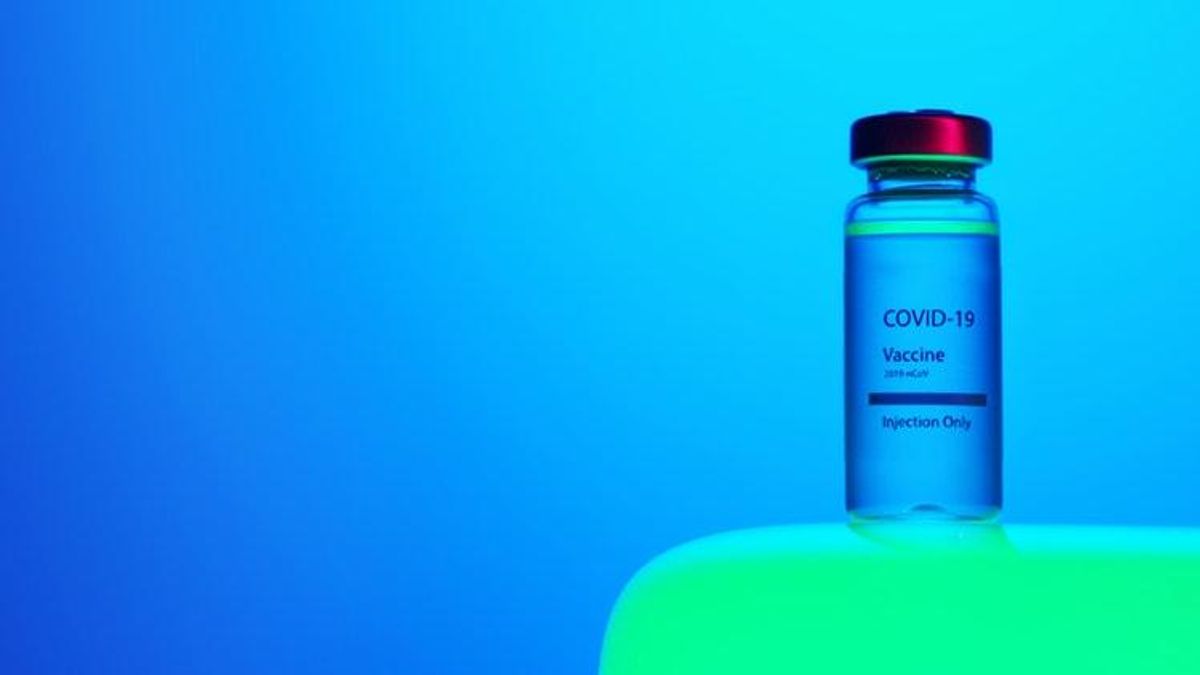News
What People Living With HIV Need to Know About COVID-19 Vaccines

Photo by Artem Podrez from Pexels
As vaccinations roll out, everyone has questions. Here are answers particularly relevant to PLWH.
March 02 2021 1:32 PM EST
By continuing to use our site, you agree to our Privacy Policy and Terms of Use.

As vaccinations roll out, everyone has questions. Here are answers particularly relevant to PLWH.
The COVID-19 vaccines are rolling out, and some of you may already have received your first or even your second dose. But most Americans haven’t and may have questions about them. Here we aim to give you answers.
The vaccines are safe to take if you are living with HIV. People with HIV have been included in some clinical trials for the Pfizer and Moderna vaccines, the first two approved by the U.S. Food and Drug Administration (a single-dose COVID vaccine from Johnson & Johnson was also recently approved). No specific data on HIV-positive people’s response to the vaccines has been released, but so far there is no evidence that they have a different reaction. There is some speculation they may receive less protection than others, but that’s not a reason to avoid being vaccinated. The vaccines do not contain live virus, which could potentially pose a problem with those with HIV. Many prominent people have offered their endorsement of the vaccines; for instance, Matthew Hodson, executive director of the U.K. nonprofit NAM AIDSMap, has said that as a person who’s lived with HIV for 22 years, he will not hesitate to be vaccinated for COVID-19.
COVID-19 vaccines won’t cause problems with your HIV meds. HIV service organizations report that some people have been given misinformation about this, being told that if they’re taking antiretroviral drugs, they shouldn’t be vaccinated. Not true. It’s as important to stay on your meds now as it is at any other time. Also, if you’re on hormone therapy, the vaccines won’t interfere with that.
Being HIV-positive probably won’t allow you to jump the line to get vaccinated sooner. Each state is setting its own vaccine priorities, although the Centers for Disease Control and Prevention has released recommendations on which populations should get vaccinated first. Phase 1a, the highest-priority group, consists of frontline health care workers and residents of long-term care facilities. Phase 1b, the next level, includes other frontline essential workers, such as firefighters, police officers, public transit workers, those involved in food production and distribution, teachers and school staffers, and postal workers. People aged 75 and older are also part of Phase 1b (they’re in Phase 1a if they’re in long-term care homes). Phase 1c, which the CDC says may overlap with Phase 1b, covers people aged 65 to 74, those aged 16-64 with underlying medical conditions, and other essential workers, including those in law, information technology, media, and various other fields. HIV is generally understood to be one of the underlying medical conditions, putting those with HIV into Phase 1c if they’re not eligible to be in one of the other phases because of age or profession. Some activists are pushing for the CDC to include people with HIV in Phase 1a, but this hasn’t happened yet. There are concerns that poor and underserved populations will have reduced access to vaccines, and various activists are also working on this.
But no matter what the CDC recommends, it’s up to states to decide who gets the vaccine when. You can contact your state health department to find out the vaccine schedule; the CDC has links to all state health departments here. Your health care provider or local HIV service organization may be offering vaccinations as well, so don’t hesitate to contact them.
The vaccines are effective — but don’t let your guard down. Clinical trials have shown a 95 percent efficacy rate for the Pfizer and Moderna vaccines; that may not be the same in the real world, as the population in clinical trials doesn’t perfectly mirror the population at large, but it’s a good indication that the vaccines work. Health experts say they’ll provide protection against COVID-19 (or at least serious complications from it) within a week after the second dose (doses for the Pfizer vaccine are given 21 days apart, for Moderna 28 days). The first dose confers limited protection, but everyone should have both doses. Also, it’s uncertain whether people who’ve been vaccinated can still spread the virus, so keep on masking, distancing, and washing your hands.
You may have some side effects, but don’t panic. After you’re vaccinated, you should “expect temporary side effects such as soreness in your arm where you got the shot, fatigue, body aches, and perhaps a fever,” Los Angeles-based APLA Health reports. These are similar to the side effects of flu vaccines and not cause for alarm. It’s too soon to know if vaccine recipients have experienced serious side effects, but health officials will likely be on top of that. If you feel severely ill after being vaccinated, contact your health care provider.
Other things you should know: Even if you’ve already had COVID-19, you should still be vaccinated; according to data reviewed by the CDC, the immunity you develop from having the virus lasts only about 90 days. Stay with the same vaccine for both doses. More vaccines are being developed, including some single-dose ones. And don’t worry about finances: COVID-19 vaccination is free.